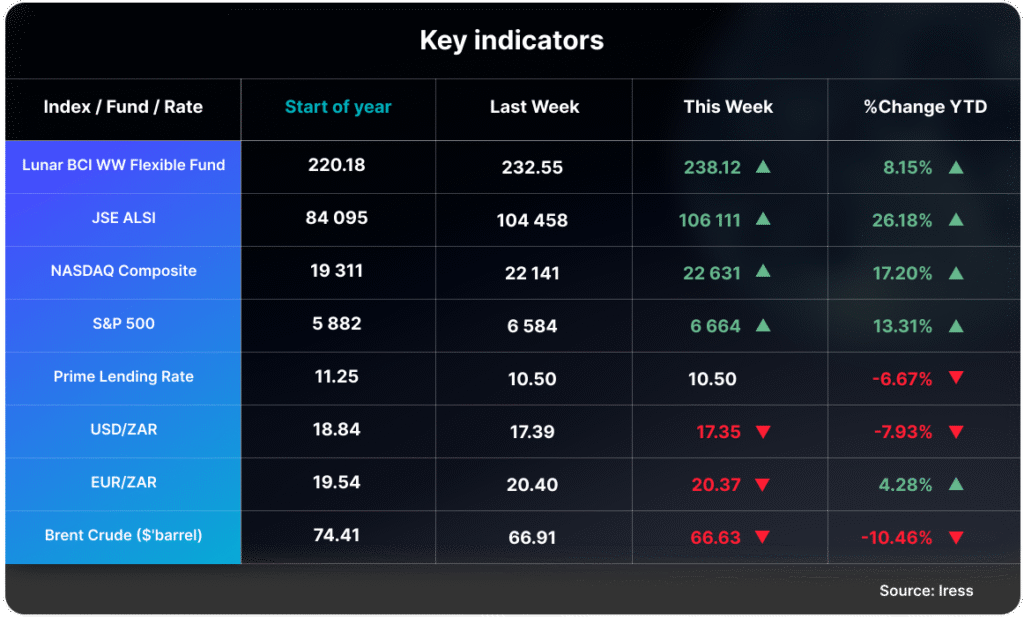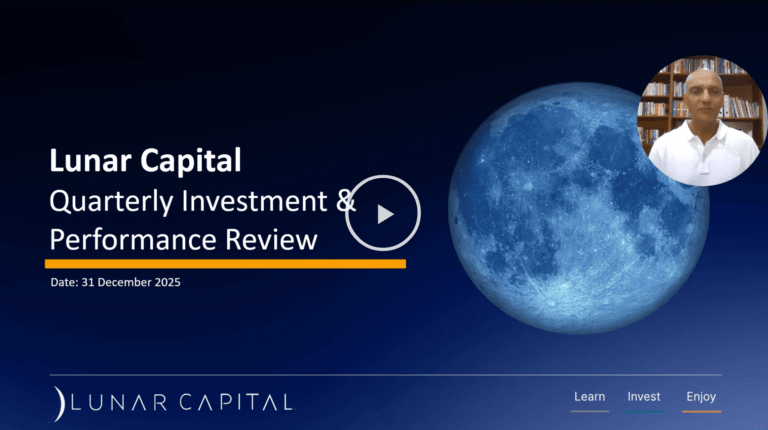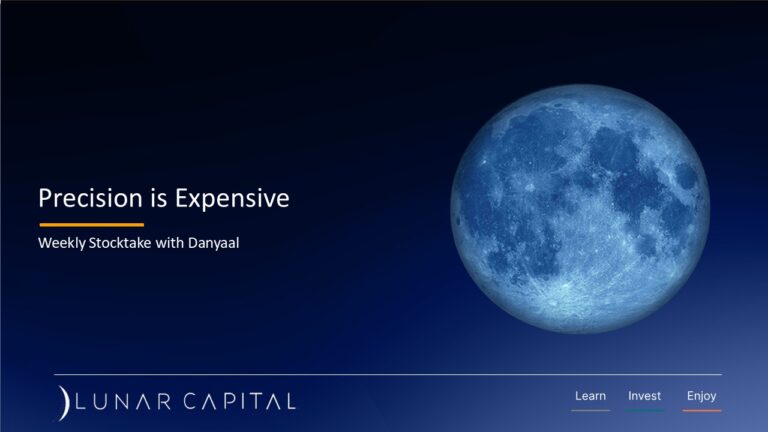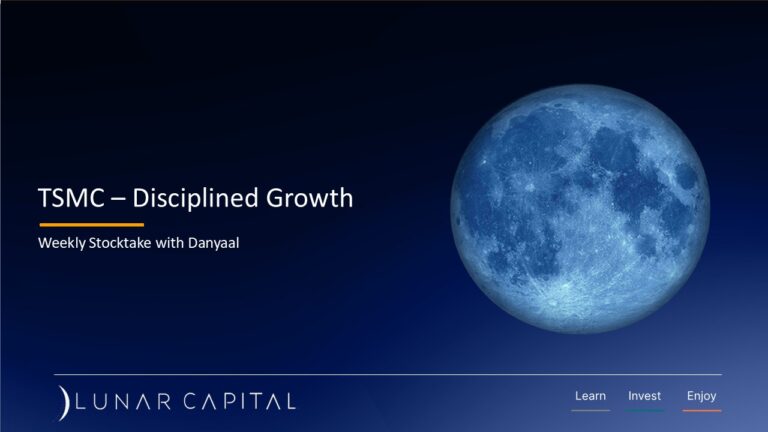Big numbers are part and parcel of modern football – from eye-watering player wages to multi-million-pound sponsorship deals. These figures grab headlines and spark debates among fans, but they often obscure a more fundamental question: how do football clubs actually make their money? And more importantly, how sustainable is that income?
Last week, Manchester United (I’m not a supporter) released their full-year financial results. The club reported revenue of £666.5 million, a 10% increase year-on-year. Despite this growth, they posted an operating loss of £18.4 million, though this was a marked improvement from the £69.3 million loss recorded the previous year.
Football clubs typically earn revenue from three main streams:
- Matchday – ticket sales and hospitality packages.
- Broadcasting – payments from domestic and international competitions.
- Commercial – sponsorships, merchandise, and other brand-related deals.
For Manchester United:
- Matchday revenue accounted for 24.1% of total income (up from 20.7%).
- Broadcasting revenue dropped to 25.9% (from 33.5%).
- Commercial revenue rose to 50% (from 45.8%).
United has long been considered a commercial powerhouse in football, leveraging its global brand through sponsorships and marquee signings. But those signings come at a cost – a massive one.
The club’s employee benefit expenses for the year totalled £313 million. This figure becomes particularly problematic when broadcasting income declines. For the 2024/25 season, the Premier League distributed £2.834 billion across participating clubs. League winners Liverpool earned just under £175 million, while 15th-placed Manchester United received £136 million. United’s total broadcasting revenue for the year was £173 million, down 22% from the previous year.
To support its operations, Manchester United has also leaned heavily on debt. The club’s debt-to-equity ratio currently stands at 333%, down from 383% last year. This reduction is largely due to cost-cutting measures introduced by Jim Ratcliffe, along with his £79 million capital injection into the club last year.
What’s particularly striking is the club’s valuation. Despite being one of the most recognisable sports brands globally, Manchester United has a market cap of just £2.6 billion. For comparison, Shoprite, a retailer with most of its footprint in South Africa, boasts an exchange-rate adjusted market cap of over £7.1 billion — roughly 2.7 times the size of Manchester United.


Click here to access your account to view statements, obtain tax certificates, add or make changes to your investments.
Our email address is: [email protected]
Disclosures
Lunar Capital (Pty) Ltd is a registered Financial Services Provider. FSP (46567)
Read our full Disclosure statement: https://lunarcapital.co.za/disclosures/
Our Privacy Notice: https://lunarcapital.co.za/privacy-policy/
The Lunar BCI Worldwide Flexible Fund Fact Sheet can be read here.
This stocktake is prepared for the clients of Lunar Capital (Pty) Ltd. This stocktake does not constitute financial advice and is generated for information purposes only.





